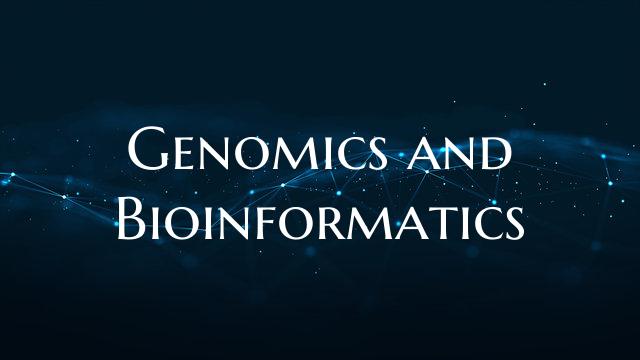Genomics and Bioinformatics
In today's fast-evolving scientific landscape, the fields of genomics and bioinformatics have become central to understanding the complexities of life at the molecular level. Genomics, the study of an organism's complete set of DNA, provides a blueprint for all the genetic information necessary for the functioning of a cell, tissue, or organism. On the other hand, bioinformatics involves the application of computational techniques to analyze and interpret biological data, particularly at the genomic level.
The marriage of genomics and bioinformatics has revolutionized the way we investigate and understand genetic information. By leveraging powerful computational tools and algorithms, researchers can now unravel the mysteries encoded within the vast amounts of genomic data generated from various organisms. This has not only accelerated our understanding of genetics and molecular biology but has also paved the way for groundbreaking discoveries in fields such as medicine, agriculture, and evolutionary biology.
One of the key areas where genomics and bioinformatics have made significant contributions is personalized medicine. By analyzing an individual's genetic makeup, researchers and healthcare professionals can tailor treatment plans to the specific genetic characteristics of a patient, leading to more effective and precise therapies with reduced side effects. This approach has the potential to transform the healthcare landscape by shifting towards more personalized and targeted treatment strategies.
Furthermore, genomics and bioinformatics play a crucial role in fields such as biodiversity conservation, agriculture, and evolutionary biology. By studying the genomic sequences of different species, researchers can uncover valuable insights into the evolutionary relationships among organisms, track the spread of diseases, and identify genetic variations that may be critical for developing disease-resistant crops or livestock.
In conclusion, the fusion of genomics and bioinformatics represents a powerful synergy that is driving innovation and discovery across various scientific disciplines. As we continue to unravel the complexities of the genetic code, the insights gained from this interdisciplinary approach will undoubtedly shape the future of biology, medicine, and beyond.

